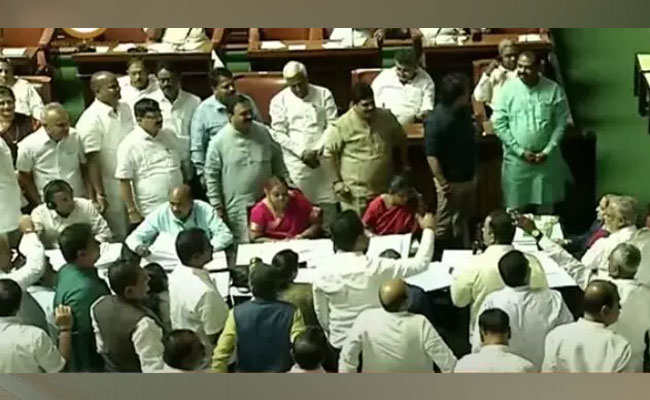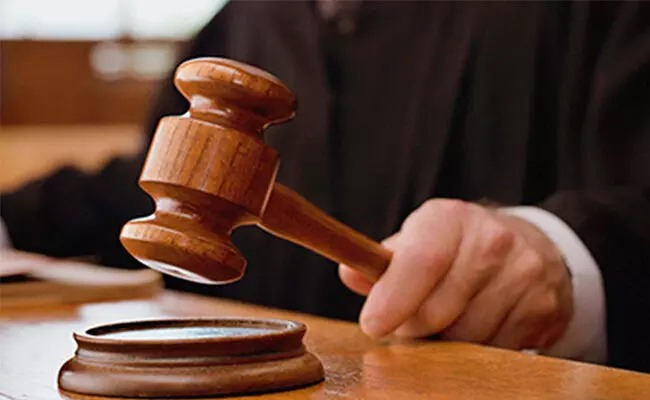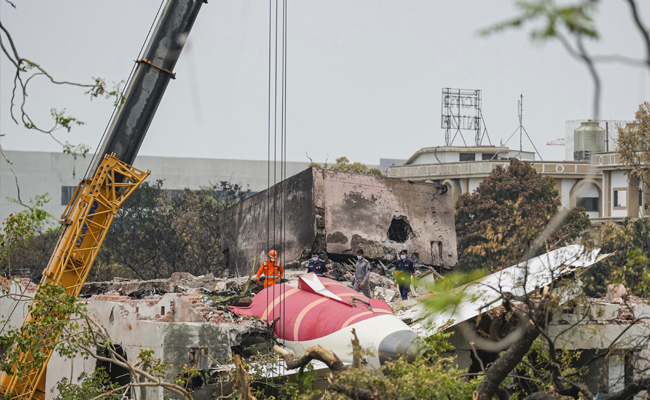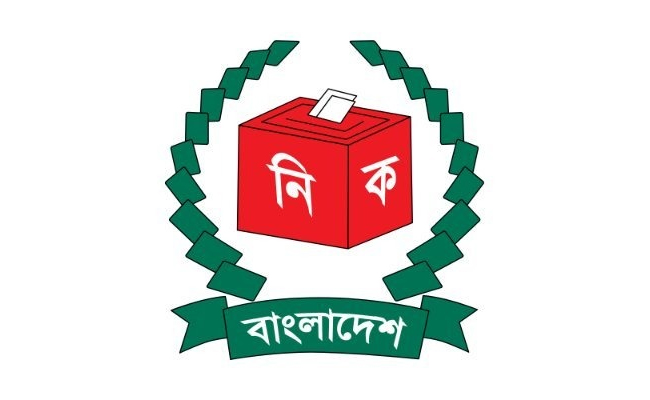Bengaluru (PTI): The Karnataka assembly was adjourned briefly on Tuesday following protests by the opposition BJP over alleged delay in implementation of five guarantees made by the ruling Congress ahead of the elections.
BJP MLAs trooped into the well of the House and raised slogans against the ruling Congress, leading to a brief adjournment by Speaker U T Khader.
The proceedings began with the Speaker allowing the star question to be raised.
Accordingly, Congress MLA Shivalinge Gowda rose to raise the question.
However, former Chief Minister Basavaraj Bommai demanded acceptance of adjournment motion and discussion on the issue in place of the question hour.
Joining him, BJP MLA R Ashoka accused the government of "cheating" people in the name of five guarantees.
Soon other saffron party legislators too raised their voice demanding that their submission be allowed first.
The speaker repeatedly appealed to the opposition BJP to allow the Question Hour to take place, but to no avail.
Deputy Chief Minister D K Shivakumar took a swipe at the BJP saying they were unable to tolerate the success of five guarantees.
"Let the Question Hour happen. Then we will hear their (BJP's) 'Pearl of Wisdom'," Shivakumar said.
However, the BJP MLAs were adamant to make a submission about the 'failure' in implementation of the five promises.
Shivakumar sought to know whether the BJP ever fulfilled its promise of depositing Rs 15 lakh in everyone's bank account and bringing back black money parked overseas.
"We are committed to our promises and we will fulfill them," he asserted.
In his address, Chief Minister Siddaramaiah too appealed to the BJP to give up it's 'adamant posture'.
Soon the BJP legislators stormed the well of the house raising slogans against the government and disrupted the proceedings.
Due to the din, Speaker Khader adjourned the proceedings for a brief period.
Let the Truth be known. If you read VB and like VB, please be a VB Supporter and Help us deliver the Truth to one and all.
New Delhi (PTI): With a new, stringent system to establish user identity, the number of new user IDs being added daily on the IRCTC website has declined to about 5,000 from nearly one lakh, officials said on Saturday.
Union Railway Minister Ashwini Vaishnaw noted that the crackdown by Indian Railways on train ticket booking through fake identities is yielding positive results, according to a press note.
Before the latest reforms, this number had touched nearly one lakh new user IDs per day, it said.
"Following the introduction of a stringent system to establish user identity and detect fake IDs, about 5,000 new user IDs are now being added daily on the IRCTC website," the note said.
The officials stated that these steps have already helped Indian Railways deactivate 3.03 crore fake accounts.
"Another 2.7 crore user IDs have either been temporarily suspended or identified for suspension based on the suspicious activities they are indulging in," they said.
The Union minister directed officials to ensure that the ticketing system is reformed to a level where all travellers are able to book tickets easily through a real and genuine user ID, the press note added.
Additionally, Railway Minister Ashwini Vaishnaw has directed officials to provide local cuisine of the region in Vande Bharat trains.
Introducing local cuisine that reflects the culture and tastes of the regions being traversed will significantly enhance the passenger experience, officials said.
This facility will be expanded to all the trains progressively in future, they added.




